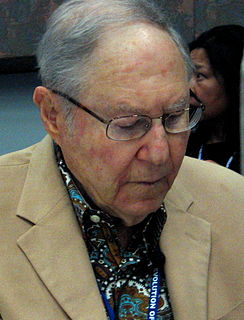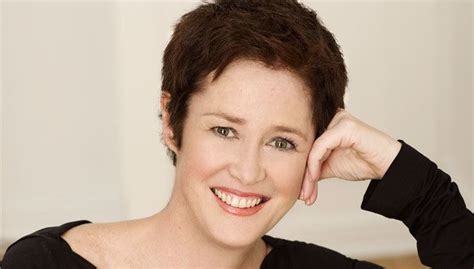A Quote by Alfie Kohn
What is wrong with encouraging students to put "how well they're doing" ahead of "what they're doing." An impressive and growing body of research suggests that this emphasis (1) undermines students' interest in learning, (2) makes failure seem overwhelming, (3) leads students to avoid challenging themselves, (4) reduces the quality of learning, and (5) invites students to think about how smart they are instead of how hard they tried.
Related Quotes
Public education for some time has been heavily focused on what curricula we believe will be helpful to students. Life-Enriching Education is based on the premise that the relationship between teachers and students, the relationships of students with one another, and the relationships of students to what they are learning are equally important in preparing students for the future.
Learning should be engaging. Testing should not be the be all and end all. All students should have a broad curriculum that includes the arts and enrichment. Students should have opportunities to work in teams and engage in project-based learning. And student and family well-being should be front and center.
Arriving to class late is disruptive of the learning process. I think that it is disrespectful to both the instructor and the students. I generally find a problem with students being tardy to my 9:10 a.m. class, in which students would come in thirty minutes late to this fifty minute class. I started locking my door at 9:15 second semester.
Teaching is a huge part of what I do. I love to think about what I do out loud, and the best way to do this is to teach. I usually learn a lot from the students in my workshops, because we work to build the classes around a collaborative environment where everyone is working towards the same goal of learning how to observe and see the subject well, because everyone brings different approaches and experiences with them, the other students and myself learn new methods that we can add into what we do.

































